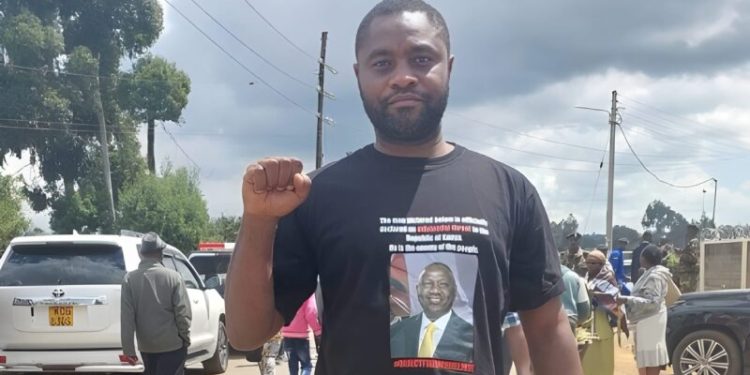A rather famous poem, First They Came, was written by German pastor Martin Niemöller during the Nazi era. Often quoted, sometimes misquoted, but its core message endures: silence in the face of injustice is complicity. And by the time they come for you, there may be no one left to speak.
There is no time this poem has rung truer than now, especially in the East African context. Kenya, Tanzania, and Uganda are increasingly collaborating to silence dissent, muzzle activists, and suppress freedom of expression across borders.
First, They Came…
On 16 November 2024, Ugandan opposition leader Kizza Besigye was arrested in Nairobi while attending Martha Karua’s book launch. Kenyan officers detained and handed him to Ugandan authorities without a warrant or extradition order, no due process. A blatant violation of Article 9 of the International Covenant on Civil and Political Rights (ICCPR), which prohibits arbitrary arrest and detention. He reappeared on 20 November before a military court in Kampala, charged with possession of an illegal firearm and soliciting military support abroad.
Then they came for Tundu Lissu. On April 15, 2025, he was arrested in Dodoma, Tanzania. His charges? “Treason” and “incitement” for calling for electoral reforms. He was held over 72 hours without legal counsel or family, violating Article 13 of the East African Community Protocol on Good Governance and Tanzania’s Criminal Procedure Act. A political act masked as legal enforcement.
Then they came for Boniface Mwangi and Agather Atuhaire. On May 13, 2025, the two activists were in Arusha to show solidarity during one of Lissu’s hearings. Arrested without charge, detained incommunicado, and reportedly tortured. Agather revealed she was sexually assaulted. Boniface publicly stated he was sodomised. Both were later dumped at remote border points, no explanation, no justice.
Also Read: Mwabili Mwagodi Dumped in a Bush After Missing for 3 Days in Tanzania
Then they came for Maria Sarungi. On June 29, 2025, the Tanzanian journalist and activist was abducted in broad daylight in Nairobi, where she was attending a civil society workshop. Witnesses said she was forced into an unmarked vehicle by men claiming to be “special operatives.” Her whereabouts were unknown for two days until she resurfaced in Dar es Salaam under “protective custody.” No charges were filed. No legal explanation offered. Kenyan officials denied involvement. Tanzanian authorities cited vague “national security” concerns. Her abduction violated both states’ obligations under the African Charter on Human and Peoples’ Rights (Article 6) and Article 12 of the ICCPR, which bars forced cross-border transfer without due process.
Then they came for Mwagodi Mwabili. And still, far too many remain silent.
Who Is Mwabili and Why Was He Taken?
Mwabili, a Kenyan activist, has long challenged Kenya’s political elite, criticizing church donations from politicians and the complicity of religious institutions in politics. His voice grew louder during and after the 2024 Gen Z-led revolts in Kenya.
On July 23, 2025, he vanished in Dar es Salaam, where he had been living and working legally since January. The Kenya Human Rights Commission (KHRC) and Amnesty International believe he was abducted by agents from both the Kenyan and Tanzanian states.
No charges. He held a valid Tanzanian work permit. He committed no crime. He simply disappeared.
His arrest violates Articles 49 and 50 of Kenya’s Constitution, which guarantee the right to be informed of charges, to legal counsel, and to appear in court within 24 hours. It also breaches Article 6 of the African Charter on Human and Peoples’ Rights, ratified by both states, and Article 14 of the ICCPR, which guarantees fair trial rights.
But this isn’t about legality. It’s about intimidation.
An Unholy Alliance
This is no longer isolated overreach. It’s coordinated repression.
Kenya, Uganda, and Tanzania seem to have entered an unspoken pact: silence dissent wherever it is voiced. The same states that trumpet Pan-Africanism and regional integration under the East African Community (EAC) and African Continental Free Trade Area (AfCFTA) now twist those ideals into tools of surveillance and suppression.
We saw it when Kenya helped Uganda illegally extradite Besigye. We saw it when Tanzania detained Boniface and Agather without charge and subjected them to abuse. We saw it again when Maria Sarungi was abducted from Kenyan soil in defiance of regional and international law.
Both Tanzania and Kenya are state parties to the Convention Against Torture and Other Cruel, Inhuman or Degrading Treatment or Punishment – yet no one has been held accountable.
This is not the Pan-Africanism we were promised.
History Was Kinder
It wasn’t always like this. During Daniel arap Moi’s dictatorship, Raila Odinga, then a wanted man, fled to Uganda disguised as a priest. Uganda gave him asylum, as Aden Duale recounts in his memoir.
East African states once offered sanctuary to dissidents. Kenya hosted Rwanda’s opposition. Tanzania sheltered South African freedom fighters. Uganda protected Kenyan exiles.
Also Read: Boniface Mwangi: We Were Striped Naked Together with Agather
Today, travel within East Africa has become dangerous for anyone who challenges power. Kenya acts as an extension of Uganda’s repression. Tanzania, under President Samia Suluhu Hassan, has revived the machinery of political detentions, despite her earlier reformist tone.
All three regimes are bound by a shared fear: the awakening of their citizens. They’ve replaced democracy with surveillance. Free movement with targeted arrests. Brotherhood with betrayal.
Why We Must Speak Up
If we had spoken up when they came for Besigye, maybe Suluhu would’ve hesitated before jailing Lissu. If we had shouted louder for Lissu, perhaps Boniface and Agather would’ve been spared. If we had stood firm for them, Maria might never have been abducted. If we had defended Maria, maybe Mwabili wouldn’t have been disappeared.
Because none of them committed crimes. Their only crime was speaking truth to power. And yours might be next.
Article 19 of the ICCPR guarantees the right to freedom of expression. The EAC Treaty obliges partner states to uphold human rights and democratic governance. The Universal Declaration of Human Rights (Article 13) protects freedom of movement across borders.
But treaties are only as strong as the people who defend them.
Ruto’s Pan-Africanism Is Hollow
President Ruto cannot claim to be a Pan-African statesman while enabling cross-border abductions. You cannot welcome “all Africans” at the airport while deporting activists in the dark.
This is hypocrisy. East Africans must reject this regional protocol of repression masquerading as diplomacy. We must defend the right to dissent, the right to move, the right to speak.
Let us speak now, while speaking is still legal.
Let it be known that extraordinary renditions, incommunicado detentions, torture, and sexual violence as tools of the state are unacceptable, anywhere, but especially in a region that once stood for liberation and self-determination.
Follow our WhatsApp Channel and join our WhatsApp Group for real-time news updates.

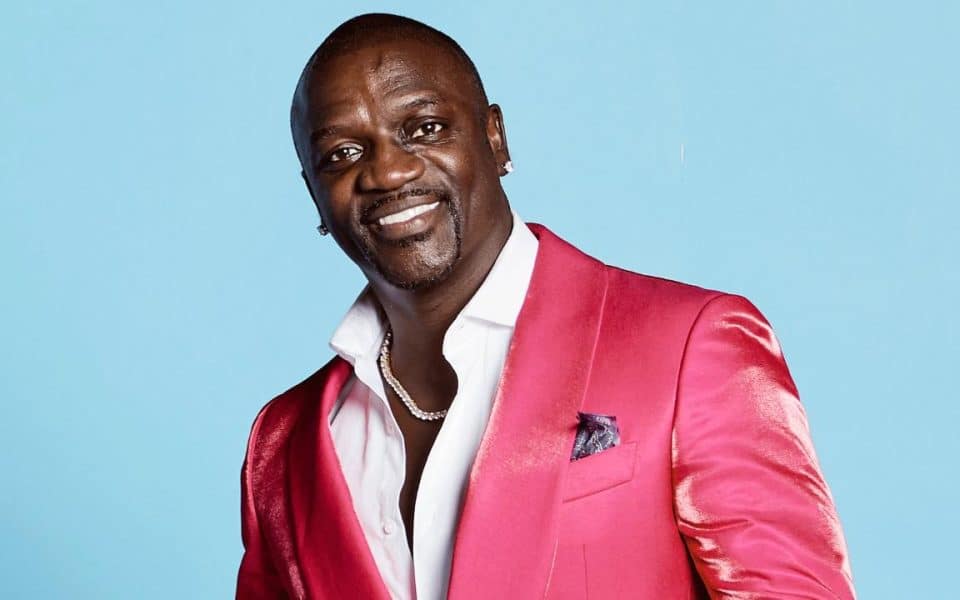

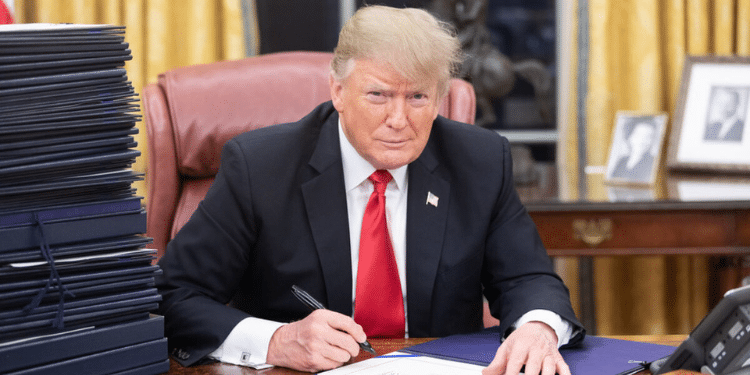
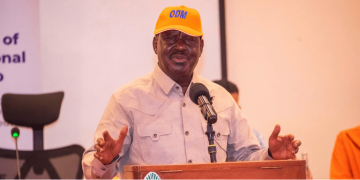



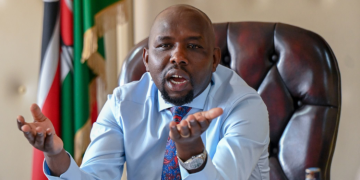
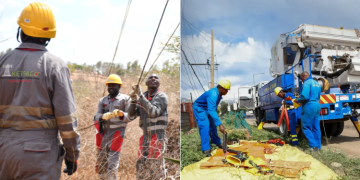








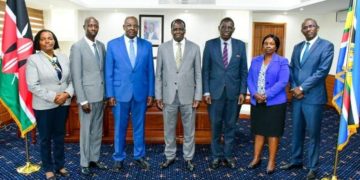
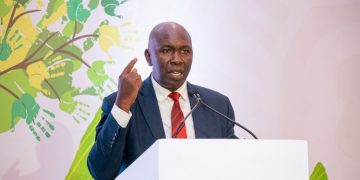


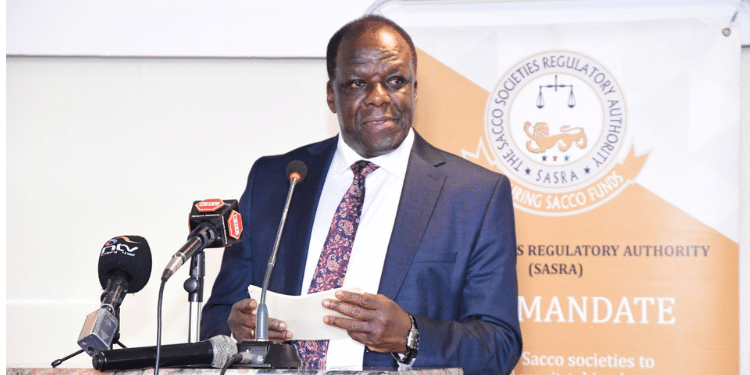































![Senator Allan Chesang And Chanelle Kittony Wed In A Colourful Ceremony [Photos] Trans Nzoia Senator Allan Chesang With Channelle Kittony/Oscar Sudi]( https://thekenyatimescdn-ese7d3e7ghdnbfa9.z01.azurefd.net/prodimages/uploads/2025/11/Trans-Nzoia-Senator-Allan-Chesang-with-Channelle-KittonyOscar-Sudi-360x180.png)
















